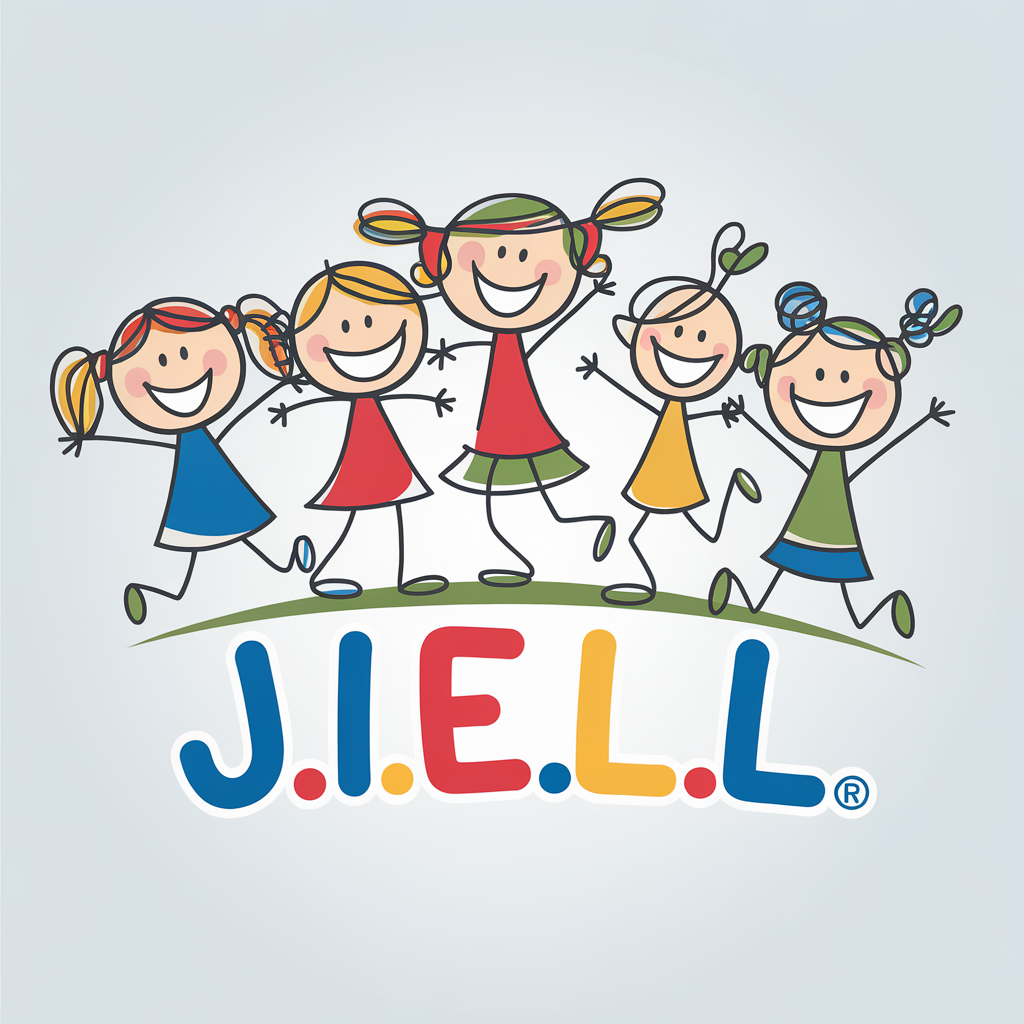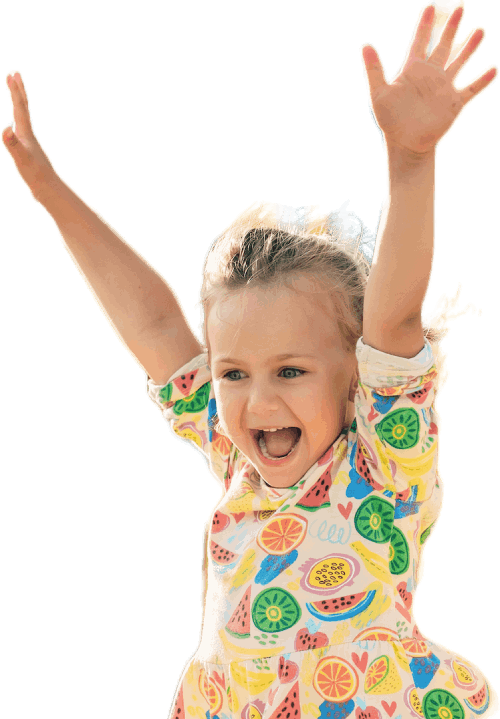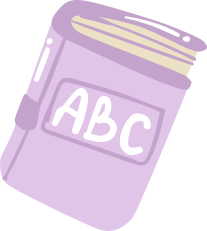
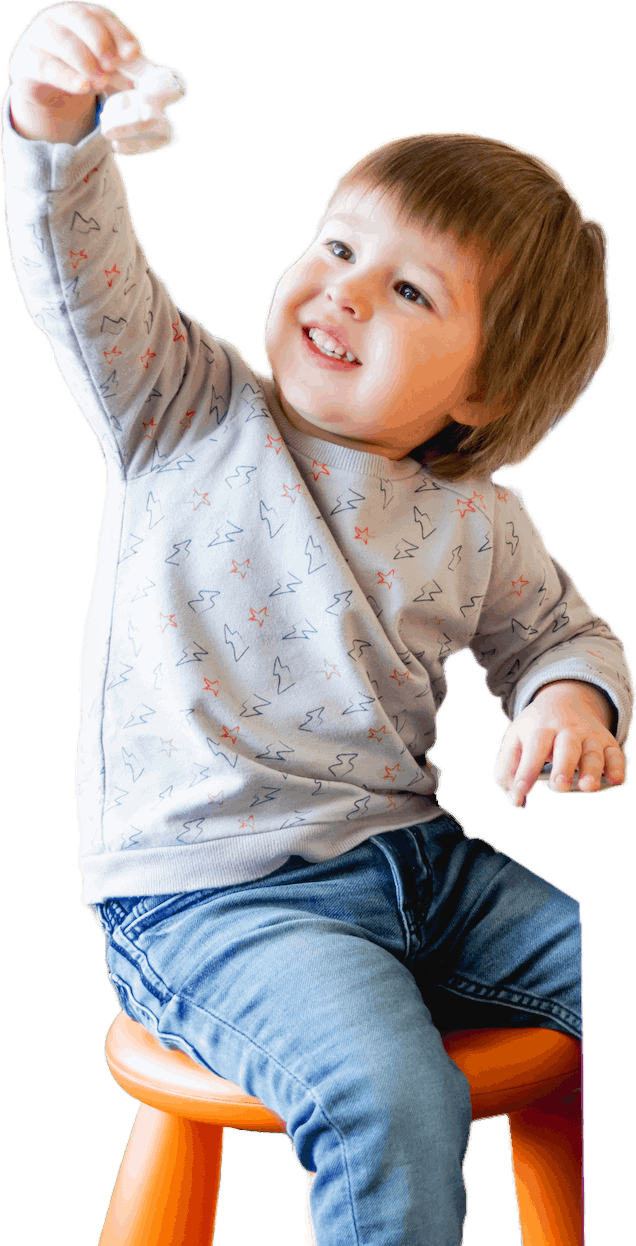
Evaluating your Children!
Using our unique methodology developed by 30 years of research in the field by Dr Debra Jervay-Pendergrass
About us
About Dr Debra Jervay-Pendergrass- My Many Hats!

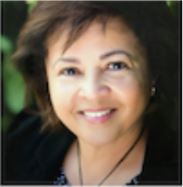
Greetings!
My name is “Dr D”. As you can see, I wear many different hats, with great joy, from day to day!
I have over four decades of experience as a speech-language pathologist and more than three decades of experience working as a linguist and researcher passionate about “giving voice” to first stories from the heart even babies, toddlers and twos are communicating. I am also a Zero to Three Fellow, an ASHA Fellow and a Bon Secour Associate. Most of all, I am a devoted Mom and Nana to two jewels – my daughter and grandson.
I especially love and treasure any time spent with my family, friends, nature and animals – especially dobs and by the water, I relish watching the sun rise and set, writing about nature in the poems and children’s books I write, photography, music, the arts and traveling.
I received a PHD in linguistics from Georgetown University, an MA from the University of Pittsburgh and a BS from Emerson College I have lots to learn about technology and learning design! This website reflects courses on this journey at UMGC

About Childhood evaluation
Early Childhood Evaluation and Education:
Key Areas and Their Value

Development Screening and Assesment
Early identification of developmental milestones across cognitive, physical, social, and emotional domains allows for timely intervention when delays are detected. Research consistently shows that addressing developmental concerns before age 5 yields significantly better outcomes than waiting until school age, as the brain’s neuroplasticity is at its peak during these formative years.

Language and Communication Development
Systematic evaluation of pre-verbal and verbal communication skills helps identify children who may benefit from speech therapy or language enrichment programs. Early language development is strongly correlated with later academic success, reading comprehension, and social competence, making this assessment crucial for preventing future learning difficulties.

Cognitive and Pre-Academic Skills Evaluation
Assessment of early numeracy, literacy awareness, problem-solving abilities, and executive functioning skills helps educators understand each child’s learning style and readiness for formal academics. This evaluation enables personalized learning approaches that build on strengths while addressing areas needing support.

Physical Development and Motor Skills
Evaluation of gross and fine motor development identifies children who may need occupational or physical therapy support. Strong motor skills are essential for classroom participation, self-care independence, and confidence in physical activities, all of which contribute to overall school readiness.

Cultural and Linguistic Responsiveness
Assessment that considers cultural background, home language, and family values ensures that evaluations are fair and meaningful. This approach recognizes that children from diverse backgrounds may demonstrate competence in ways that traditional assessments might miss, leading to more accurate understanding of each child’s abilities.

Family Engagement and Support Systems
Evaluation of family strengths, needs, and resources helps create comprehensive support plans that extend beyond the classroom. When families are actively involved in their child’s education and have access to needed resources, children show greater academic progress and social-emotional development.

Social-Emotional Learning Assessment
Evaluating emotional regulation, social skills, and attachment patterns provides insight into a child’s ability to form relationships and manage stress. Children with strong social-emotional foundations demonstrate better classroom behavior, peer relationships, and resilience when facing challenges throughout their educational journey.

Individualized Learning Plans
Based on comprehensive evaluation, educators can create targeted learning experiences that match each child’s developmental level and interests. This personalized approach maximizes learning potential and helps prevent the frustration that occurs when expectations are either too high or too low for a child’s current abilities.
The value of these early childhood evaluations extends far beyond the preschool years, establishing foundations for lifelong learning success and helping identify children who may benefit from additional support services before academic difficulties become entrenched.

Introducing the Jervay Evaluation Method
Coming soon – an Online Method to evaluate YOUR child according to the UNIQUE methodology developed by Dr D!
Classes
Unleash the Jervay Method
to Evalute YOUR child!
Enter the Online Portal to start her unique Evaluation!

Toddler Evaluation
- Ages 2 - 3
- 07.00 - 09.00
- Outdoor
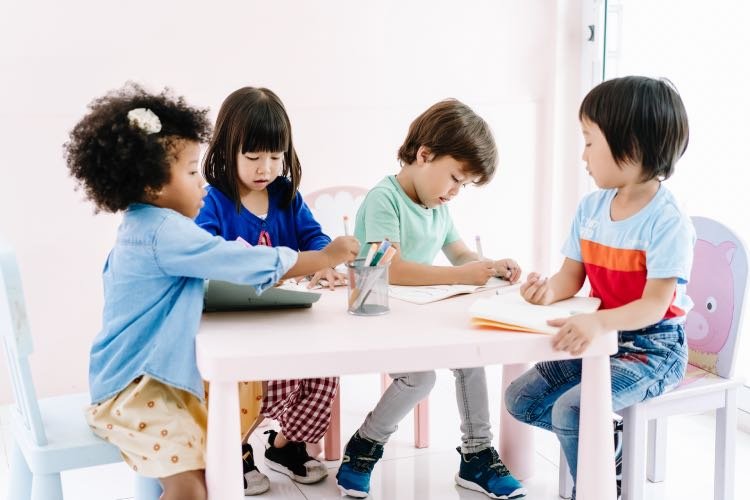
Group Evaluation
- Ages 3 - 4
- 09.00 - 11.00
- Indoor
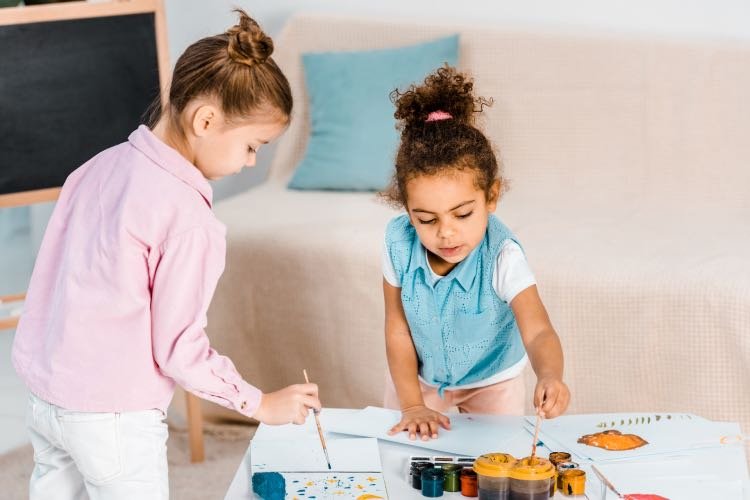
Pre Kindergarten Evaluation
- Ages 4 - 5
- 11.00 - 13.00
- Camp

Transitional
- Ages 5 - 6
- 13.00 - 15.00
- Pre-School
Faqs
Look at Dr. D's Background in this field!
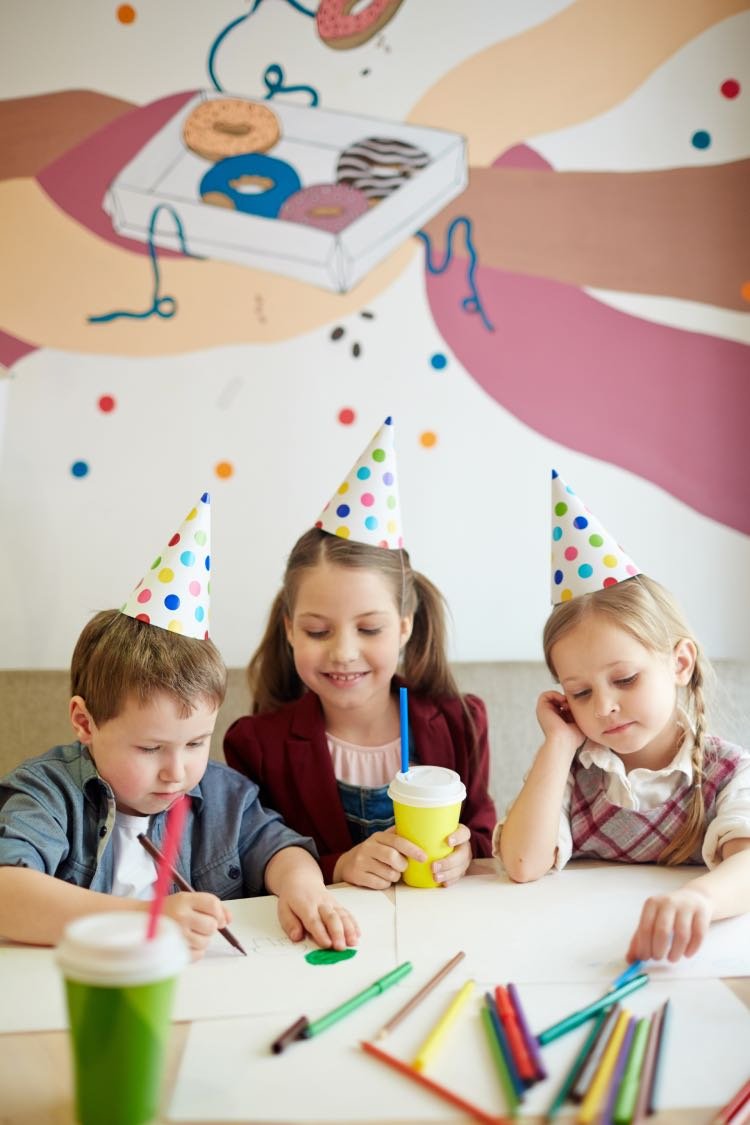
Impact on Early Literacy Development
Bridge to Reading Success
Dr. Jervay-Pendergrass’s ultimate goal is to “increase conversation, boost vocabulary and propel toddlers towards literacy” by opening adults’ eyes to young children’s communication efforts. Her work recognizes the critical connection between early oral language development and later reading success.
Prevention-Focused Approach
Rather than waiting for problems to emerge, her methodology emphasizes early recognition and response to communication attempts, potentially preventing later language and literacy difficulties. This preventive approach aligns with current best practices in early childhood intervention.
Theoretical Contributions
Expanding Communication Definitions
Dr. Jervay-Pendergrass has expanded professional and public understanding of what constitutes meaningful communication in young children. By recognizing non-verbal cues, emotional expressions, and emerging verbal attempts as legitimate communication, she has helped shift the field toward a more inclusive and comprehensive view of early language development.
Caregiver Empowerment
Her training methodology empowers caregivers with practical skills for recognizing and responding to children’s communication attempts. This approach democratizes language intervention by providing everyday adults with professional-level observational and response skills.
Professional Significance
Dr. Debra Jervay-Pendergrass represents a new generation of speech-language professionals who combine clinical expertise with educational innovation. Her work bridges the gap between research and practice, providing evidence-based strategies that can be implemented by parents, teachers, and other caregivers without extensive specialized training.
Her emphasis on recognizing every child’s communication potential, regardless of ability or background, reflects contemporary values of inclusion and equity in education. The STORIES program and her 15-clue framework provide concrete tools for implementing these values in practice.
Lasting Impact
Dr. Jervay-Pendergrass’s work continues to influence how professionals and families approach early childhood communication development. Her contributions have helped establish a more nuanced, respectful, and effective approach to supporting young children’s language development during the critical early years when foundational communication skills are established.
Through her innovative STORIES program, comprehensive communication recognition framework, and commitment to making language development accessible to all children, Dr. Debra Jervay-Pendergrass has made lasting contributions to the fields of speech-language pathology, early childhood education, and developmental psychology
Professional Background
Dr. Debra Jervay-Pendergrass is a distinguished speech-language pathologist (SLP) and audiologist who has made significant contributions to the field of early childhood language development and communication. She holds professional credentials as both a speech-language pathologist and audiologist, positioning her uniquely to address both the hearing and communication aspects of child development.
The STORIES Program: A Revolutionary Approach
Program Philosophy
Dr. Jervay-Pendergrass serves as co-director of the innovative STORIES program, which operates on the foundational belief that “every child regardless of age, gender, ethnicity, disability has a story to tell.” This inclusive philosophy represents a paradigm shift in how professionals and caregivers view early childhood communication, recognizing the inherent worth and communicative potential of every child.
Methodological Innovation
The STORIES program employs a sophisticated observational and training methodology that has transformed how caregivers recognize and respond to early communication attempts. Jervay-Pendergrass videotapes children in natural settings to train caregivers, selecting examples that demonstrate when adults successfully “tune-in” to a child’s communication attempts, as well as instructive cases when they miss opportunities to connect.
The 15 Communication Clues Framework
Comprehensive Communication Recognition
One of Dr. Jervay-Pendergrass’s most significant contributions to the field is her identification of a comprehensive framework for recognizing early communication attempts. She has identified 15 specific clues that adults can watch for in young children’s communication efforts, including “a word, word combinations, a sentence, or a series of sentences put together. A gesture, a facial expression, a cry…”
Practical Application
This framework extends far beyond traditional verbal communication recognition. For example, when observing a child named Zoe, Dr. Jervay-Pendergrass demonstrated how “Zoe is saying ‘ow, something happened,'” showing how adults can interpret and respond meaningfully to what might otherwise be dismissed as simple vocalization. Similarly, she illustrated how a child named Amber communicating “Daphne, we got stuck” was using a two-word combination to tell a complete story about their shared experience.
Educational Philosophy and Impact
Language as a Universal Gift
Dr. Jervay-Pendergrass advocates for a democratic and accessible approach to language development. She emphasizes that “language is free. It’s a gift that we can give our children anytime and in any place. The only thing that it costs us is our time.” This philosophy democratizes language learning by removing barriers related to socioeconomic status, special materials, or formal training requirements.
Recognizing Everyday Stories
A central tenet of her work involves helping adults recognize the significance of children’s everyday experiences. She notes that “with young children, things that we take for granted, for them, are important stories, important experiences to share.” This perspective validates children’s lived experiences and encourages meaningful adult-child interactions around mundane but personally significant events.
Research and Professional Contributions
National Recognition
Dr. Jervay-Pendergrass’s work has gained national attention through her involvement with PBS’s Reading Rockets initiative, a highly respected educational resource. Her contributions appear in Reading Rockets webcasts focusing on “building pre-reading skills” and exploring how pre-school experiences affect children’s ability to learn to read.
Collaborative Approach
Her work is frequently featured alongside other leading experts in early childhood education, including researchers like Dr. Todd Risley (co-author of “Meaningful Differences in the Everyday Experience of Young American Children”), Dr. Sharon Ramey (Georgetown University), and Dr. Julie Washington (Wayne State University), indicating her standing within the professional community.
Contact us Today to Arrange a Visit and Discover the value of the Jervay Method!
Lorem ipsum dolor sit amet, consectetur adipiscing elit. Ut elit tellus, luctus nec ullamcorper mattis, pulvinar dapibus leo.

